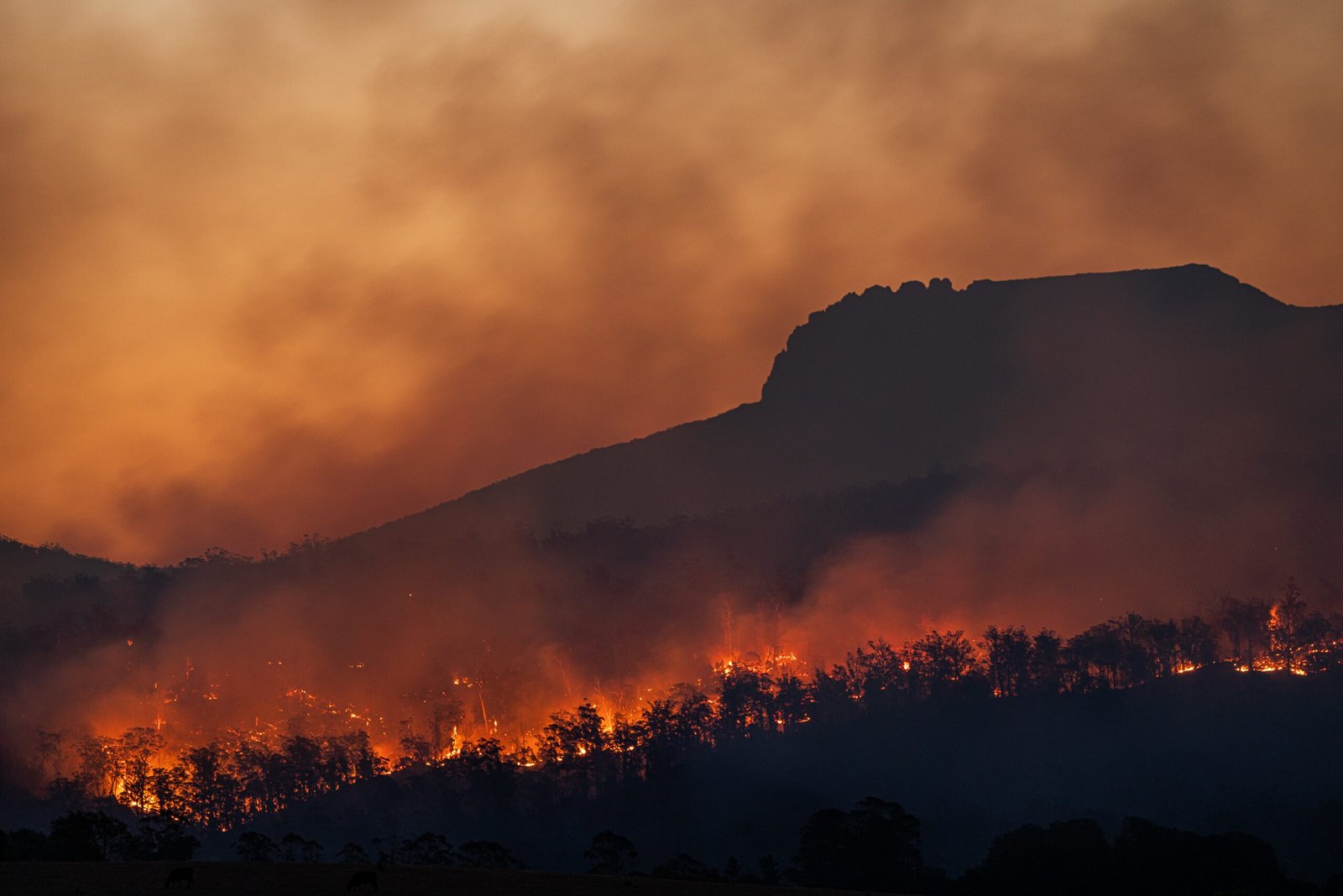Introduction
Climate change is a pressing issue that requires immediate action from individuals, communities, and governments worldwide. One of the key contributors to climate change is the carbon footprint, which refers to the amount of greenhouse gases emitted as a result of human activities. In this blog post, we will explore the latest strategies to combat climate change and reduce our carbon footprint.
1. Transitioning to Renewable Energy Sources
One of the most effective ways to combat climate change is by transitioning from fossil fuels to renewable energy sources. Renewable energy, such as solar, wind, and hydroelectric power, produces little to no greenhouse gas emissions during operation. Governments and businesses are investing in renewable energy infrastructure and encouraging individuals to switch to renewable energy sources for their homes and vehicles.
2. Energy Efficiency and Conservation
Another strategy to reduce our carbon footprint is by improving energy efficiency and practicing energy conservation. Energy-efficient appliances, LED lighting, and smart home technologies can significantly reduce energy consumption. Additionally, simple actions like turning off lights when not in use, adjusting thermostat settings, and unplugging electronics when not in use can make a big difference in reducing carbon emissions.
3. Sustainable Transportation
The transportation sector is a major contributor to carbon emissions. To combat this, individuals and governments can adopt sustainable transportation options. This includes using public transportation, carpooling, cycling, and walking whenever possible. Electric vehicles are also becoming more accessible and offer a greener alternative to traditional gasoline-powered cars.
4. Sustainable Agriculture
Agriculture is responsible for a significant portion of greenhouse gas emissions, mainly due to livestock production and deforestation for agricultural purposes. Sustainable agriculture practices, such as organic farming, crop rotation, and agroforestry, can help reduce carbon emissions. Additionally, supporting local and organic food systems can contribute to a more sustainable food production system.
5. Waste Reduction and Recycling
Reducing waste and promoting recycling are essential strategies in combating climate change. By minimizing the amount of waste we generate and maximizing recycling efforts, we can reduce the carbon emissions associated with waste disposal. This includes recycling paper, plastic, glass, and metal, as well as composting organic waste.
6. Forest Conservation and Reforestation
Forests play a crucial role in mitigating climate change by absorbing carbon dioxide from the atmosphere. Protecting existing forests and reforesting areas that have been deforested can help offset carbon emissions. Governments and organizations are implementing initiatives to conserve forests and promote sustainable forestry practices.
7. Education and Awareness
Lastly, education and awareness are key to combatting climate change and reducing our carbon footprint. By educating individuals about the impacts of climate change and the strategies to mitigate it, we can inspire collective action. Schools, community organizations, and governments should prioritize climate change education and awareness campaigns.
Conclusion
Combatting climate change and reducing our carbon footprint requires a multifaceted approach. Transitioning to renewable energy, improving energy efficiency, adopting sustainable transportation and agriculture practices, reducing waste, conserving forests, and promoting education and awareness are all crucial strategies. By implementing these strategies on an individual, community, and global level, we can make a significant impact in combating climate change and creating a more sustainable future for generations to come.



































